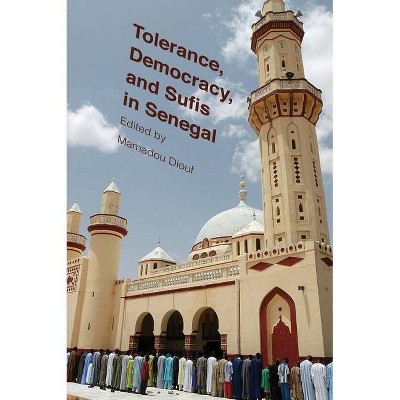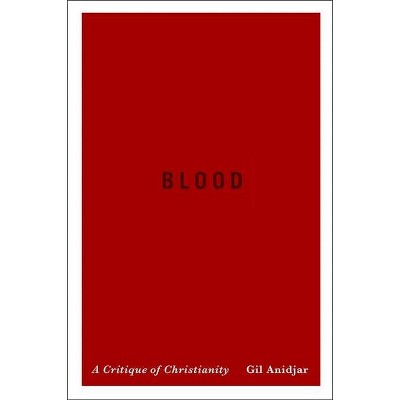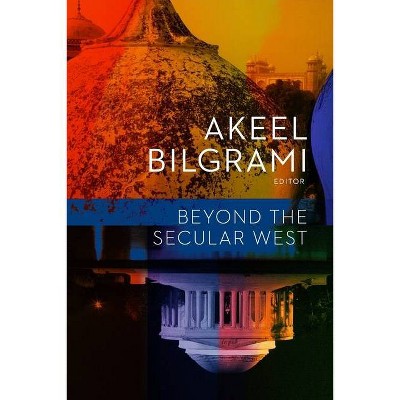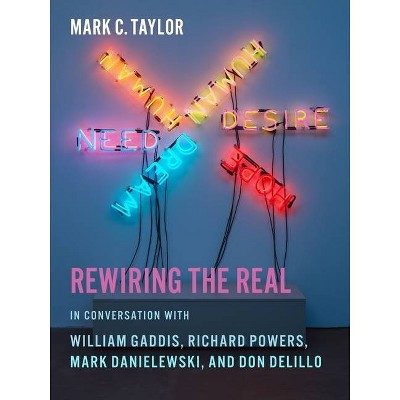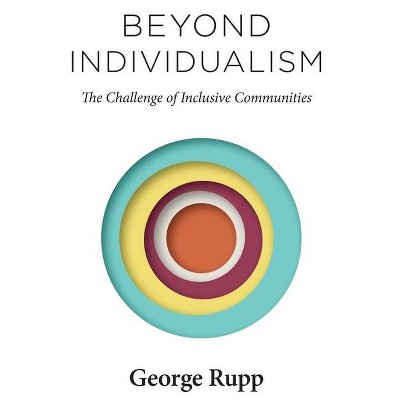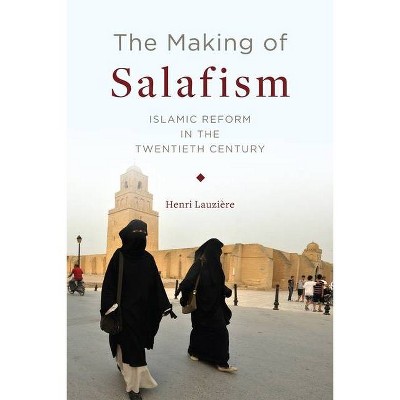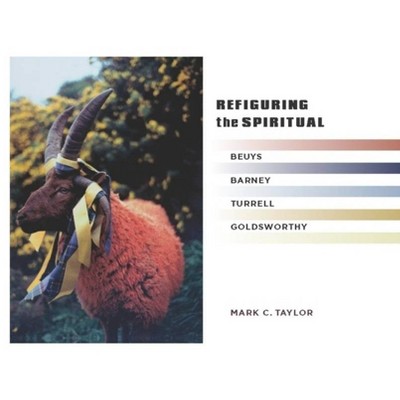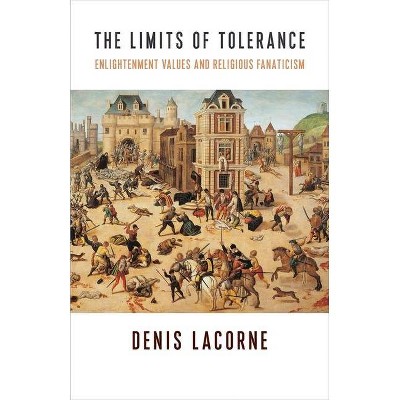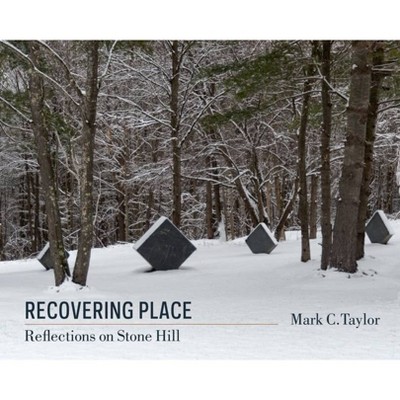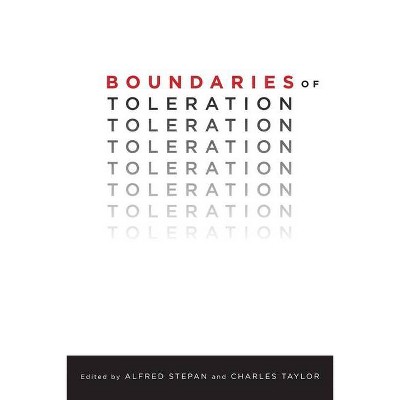Modern Sufis and the State - (Religion, Culture, and Public Life) by Katherine Pratt Ewing & Rosemary R Corbett (Paperback)
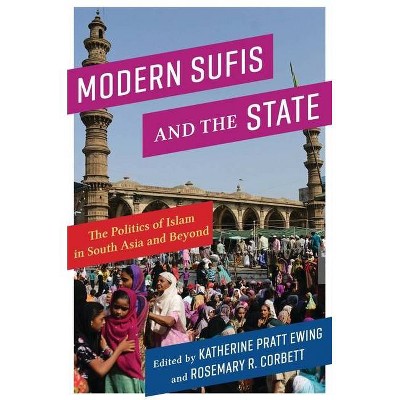
Similar Products
Products of same category from the store
AllProduct info
<p/><br></br><p><b> About the Book </b></p></br></br>In recent years, Sufism has been held up as a supposedly peaceful alternative to forms of Islam associated with violence, an embodiment of tolerance and pluralism. <i>Modern Sufism and the State</i> brings together a range of scholars, including anthropologists, historians, and religious-studies specialists, to challenge common assumptions.<p/><br></br><p><b> Book Synopsis </b></p></br></br>Sufism is typically thought of as the mystical side of Islam. In recent years, it has been held up as a supposedly peaceful alternative to the spread of forms of Islam associated with violence, an embodiment of democratic ideals of tolerance and pluralism. Are Sufis in fact as otherworldy and apolitical as this stereotype suggests? <p/><i>Modern Sufis and the State</i> brings together a range of scholars, including anthropologists, historians, and religious-studies specialists, to challenge common assumptions that are made about Sufism today. Focusing on India and Pakistan within a broader global context, this book provides locally grounded accounts of how Sufis in South Asia have engaged in politics from the colonial period to the present. Contributors foreground the effects and unintended consequences of efforts to link Sufism with the spread of democracy and consider what roles scholars and governments have played in the making of twenty-first-century Sufism. They critique the belief that Salafism and Sufism are antithetical, offering nuanced analyses of the diversity, multivalence, and local embeddedness of Sufi political engagements and self-representations in Pakistan and India. Essays question the portrayal of Sufi shrines as sites of toleration, peace, and harmony, exploring cases of tension and conflict. A wide-ranging interdisciplinary collection, <i>Modern Sufis and the State</i> is a timely call to think critically about the role of public discourse in shaping perceptions of Sufism.<p/><br></br><p><b> Review Quotes </b></p></br></br><br><i>Modern Sufis and the State </i>shows the diversity, multivalence, and local embeddedness of Sufi political engagements. Its emphasis on complexity and local rootedness is a welcome contribution. The editors and the contributors bridge several different fields and combine expertise to offer new and important perspectives on the Barelwi and Deobandi movements.--Scott Kugle, author of <i>Sufis and Saints' Bodies: Mysticism, Corporeality, and Sacred Power in Islam</i><br><br>A crucial resource for understanding the limits and legacies of 'Sufism'--a category invented by nineteenth-century Orientalism--in shaping patterns of religious and political conflict, affinity, and indifference across South Asian societies. This superb collection offers a powerful rebuttal to the reigning orthodoxy of Sufi contra Salafi within studies of contemporary Islam.--Charles Hirschkind, author of <i>The Ethical Soundscape: Cassette Sermons and Islamic Counterpublics</i><br><br>Discussions of Islam and politics typically focus on Islamic states and Islamists, leaving Sufis to appear transcendently above the political realm. These twelve compelling case studies show how Sufi leaders and organizations are entangled in local, national, and transnational politics among the world's largest Muslim communities in India and Pakistan.--Nile Green, author of <i>Sufism: A Global History</i><br><br>This welcome book explores the roles of those widely influential figures identified as Sufis. This is an important subject given the ignorance about Sufis and much else that often fuels the anti-Muslim violence and Islamophobia all too evident in today's world. The work should be of interest to policy makers involved with Muslim populations as well as to academics and others interested in Islam in the contemporary world.--Barbara Metcalf, author of <i>Islamic Contestations: Essays on Muslims in India and Pakistan</i><br><p/><br></br><p><b> About the Author </b></p></br></br>Katherine Pratt Ewing is professor of religion at Columbia University and professor emerita of cultural anthropology at Duke University. Her books include <i>Arguing Sainthood: Modernity, Psychoanalysis, and Islam</i> (1997) and <i>Stolen Honor: Stigmatizing Muslim Men in Berlin</i> (2008). <p/>Rosemary R. Corbett is the author of <i>Making Moderate Islam: Sufism, Service, and the "Ground Zero Mosque" Controversy</i> (2017). She is a faculty fellow for the Bard Prison Initiative and holds a PhD in religion from Columbia University.
Price History
Cheapest price in the interval: 35 on November 8, 2021
Most expensive price in the interval: 35 on December 20, 2021
Price Archive shows prices from various stores, lets you see history and find the cheapest. There is no actual sale on the website. For all support, inquiry and suggestion messages communication@pricearchive.us
